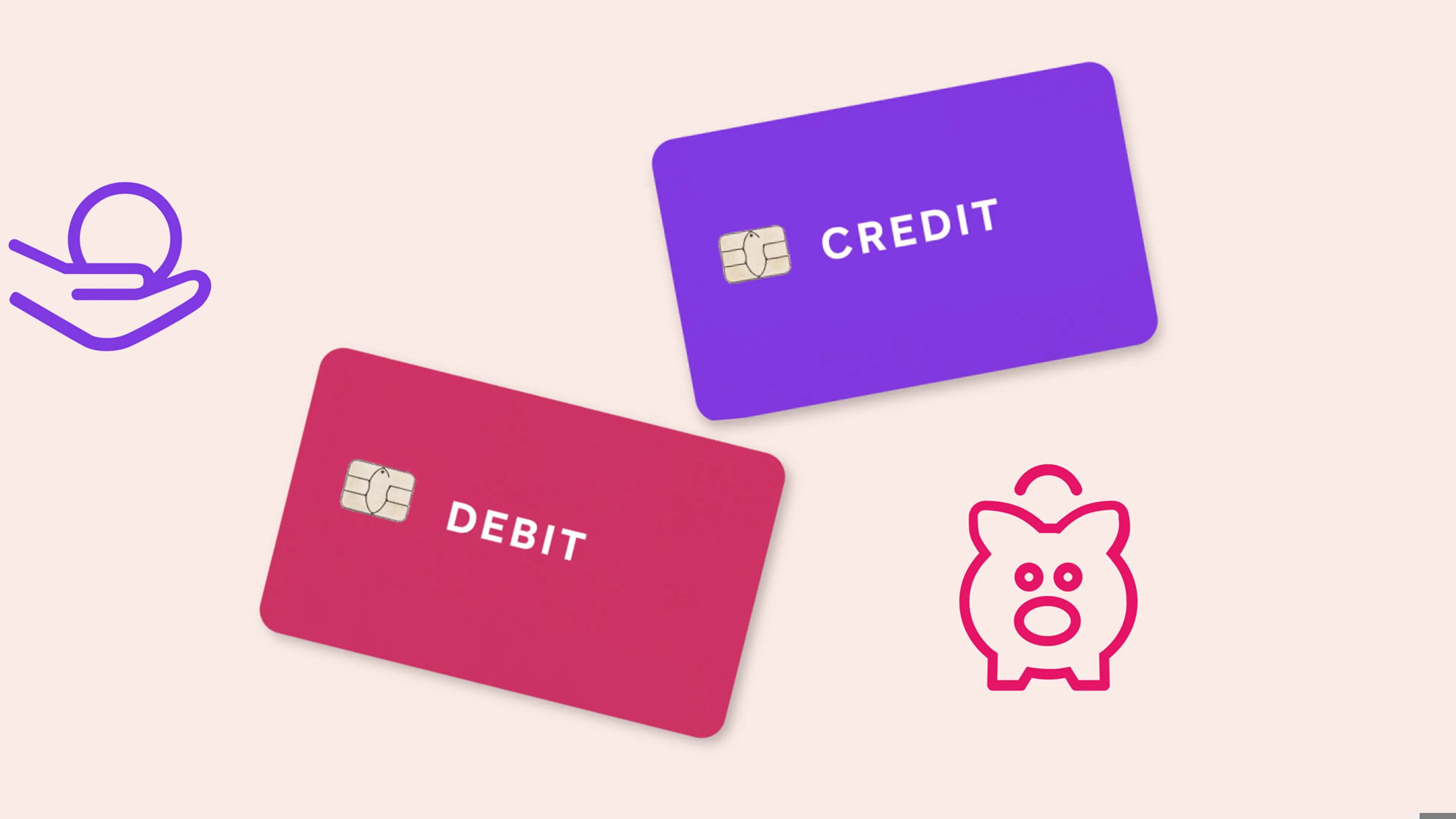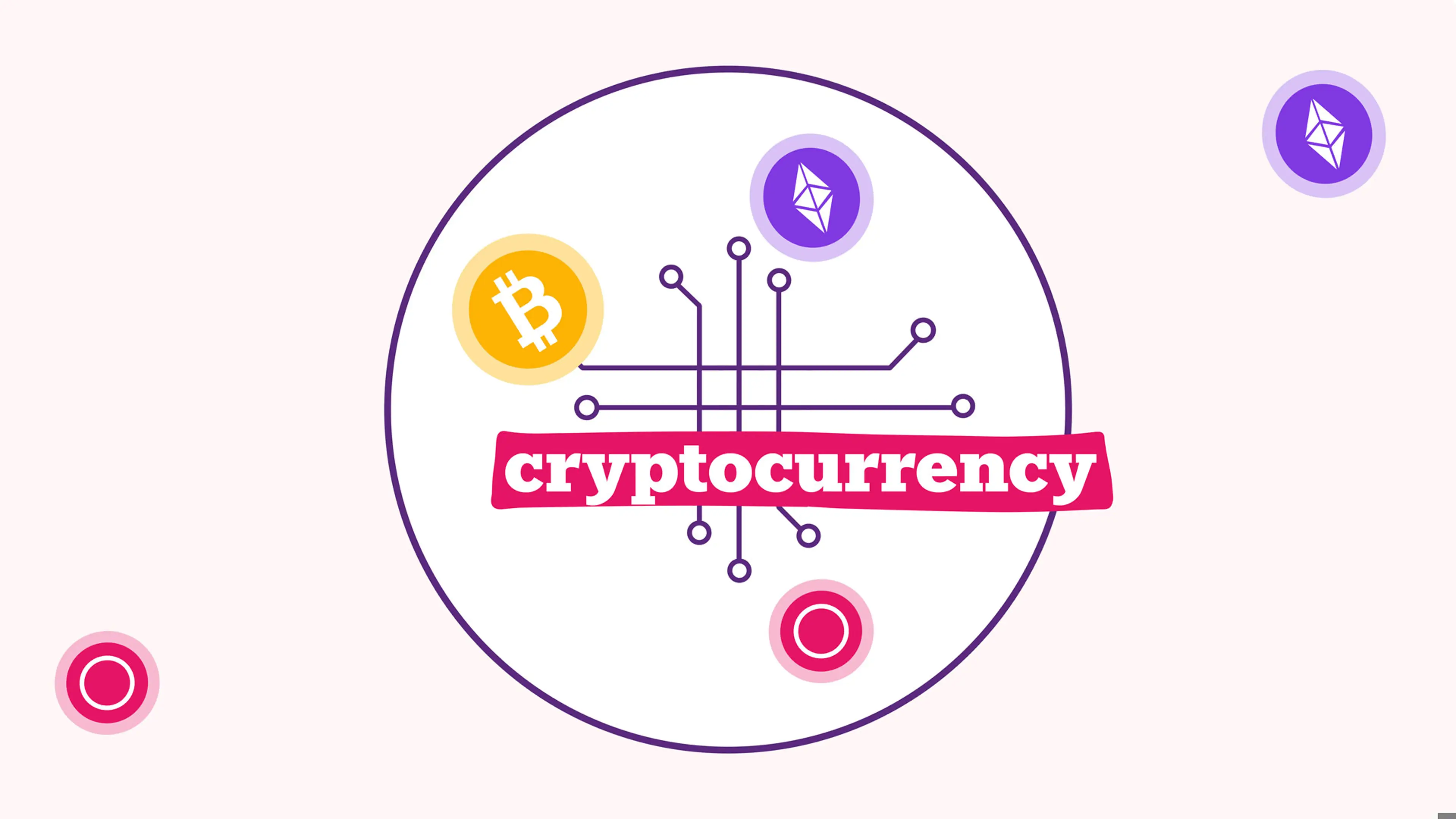10 tips for teaching children about money
Topic:
Duration:
0-5 minutes
Subjects:
Numeracy
PSHE
Format:
Article
Media type:
Article
Key skills:
Listening
Problem solving

Teaching your child about money is crucial for their development and their future, but it can be daunting thinking about how you tackle the topic.
Here’s ten simple steps to get you started:
- Start with the basics Introduce money concepts like saving, spending, where money comes from and the difference between wants and needs from age 5. Reflect on your own money habits to guide your approach. Learning at home can give you and your children confidence, knowing they can manage their money for now and for the future.
- Grow their financial skills As children grow, so do their financial needs. Allow freedom to young people to manage their budget and teach them to only spend what they can afford. When they get their first job - help them understand their pay slip. Going through things like National Insurance and PAYE together will help progress their financial knowledge.
- Explore different payment methods These days, there’s many ways to pay for things. Cash is still a good place to start to build their skills. Then introduce your child to card payments, online banking, and in-app purchases. When you’re out shopping show them how you’re paying for things and how you’re making certain decisions (wants and needs).
- Teach scam awareness Online scams are a real threat. Help young people identify and avoid being victims of scams. Help them to get a head start on things like the dangers of fraud and how to avoid scams online to help save stress and money. Stay updated on the latest fraud trends and scams.
- Discuss Cryptocurrency Cryptocurrencies are here to stay. Use videos and articles to make it less intimidating.
- Learn from Everyday Life Use daily situations from in-app purchases to mobile phone contracts to teach financial responsibility. Discuss costs, contracts, and the impact of financial decisions. You could also look at digital gaming currencies together and what you need to look out for when playing online games.
- Use our NatWest Thrive educational resources Leverage free resources for valuable financial education – you’ll find some initial recommendations at the bottom of the page. Suggest these to your child’s teacher for classroom integration. Explore apps and websites designed for young people to learn about money in a fun way.
- Empower independence Prepare young people for financial independence with resources on debt, investing, borrowing, rising cost of living and the link between money and mental health.
- Start the money talk. Money can be a tricky topic, but being open about finances with your child is crucial. They'll learn about it anyway, so why not get ahead and guide them?
- Let them lead the way. Answer any money questions openly, but don’t push the topic. You know best when it comes to timing and topics, so follow their cues. The goal? Make money an open and judgment-free subject when needed.
Related resources

Paying with cards
Discover the different ways to pay, including credit cards and debit cards.
Topic
- Money tools
Subject
- PSHE
- Numeracy
Key Skills
- Listening
Age
11-14 years
Duration
5-10 mins
Media Type
PDF

Identity fraud and theft
Learn the signs of fraud and identity theft, and how to spot scams.
Topic
- Money safety
Subject
- Computing / Science & Technology
Key Skills
- Listening
Age
14-18 years
Duration
0-5 mins
Media Type
Video

Understanding cryptocurrency
Know the basics of what cryptocurrency is and how it works.
Topic
- Mastering money
Subject
- Computing / Science & Technology
Key Skills
- Problem solving
Age
14-18 years
Duration
5-10 mins
Media Type
PDF